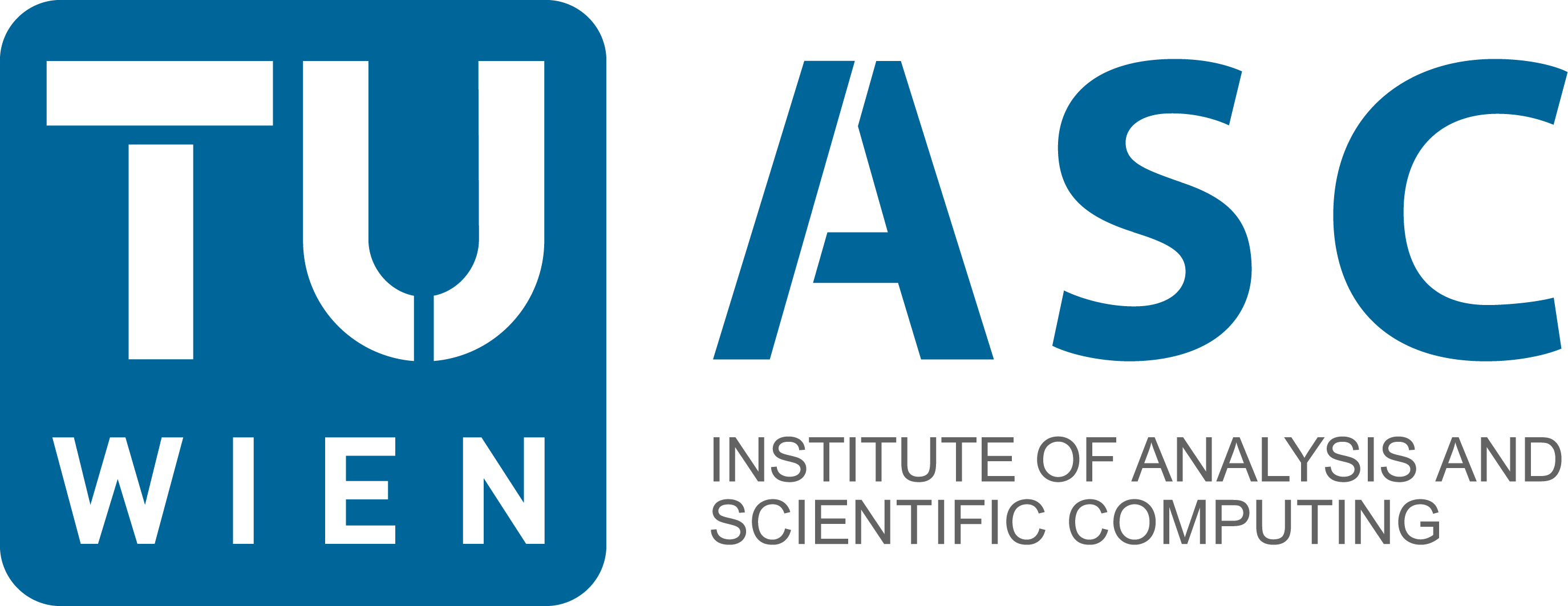3. Refresh your C++#
We assume you have a basic knowledge of C++, and repeat only shortly some features of the C++ programming language. Here is a list of C++ books.
template <typename T>
class Vector
{
size_t size;
T * data;
public:
Vector (size_t _size)
: size(_size), data(new T[_size]) { ; }
Vector (const Vector & v) // copy ctor
: Vector(v.Size())
{
*this = v;
}
Vector (Vector && v) // move ctor
: size(0), data(nullptr)
{
std::swap(size, v.size);
std::swap(data, v.data);
}
~Vector () { delete [] data_; }
Vector & operator= (const Vector & v2)
{
for (size_t i = 0; i < size; i++)
data_[i] = v2(i);
return *this;
}
Vector & operator= (Vector && v2)
{
std::swap(size, v.size);
std::swap(data, v.data);
return *this;
}
size_t Size() const { return size; }
T & operator() (size_t i) { return data[i]; }
const T & operator() (size_t i) const { return data[i]; }
};
We define a class template
Vector. The type of the vector elements is given by the template argumentT. For example, one can define a vector with 10 double precision entries asVector<double> v(10).A Vector object can be created by one of its constructors, and is destroyed by the destructor.
We use the move-semantics introduced with C++11. If a Vector is initialized from a return-value Vector (which will be destroyed anyway), the move-constructor can steal resources from the temporary vector (see rule of five).
All data members are private, what means invisible form outside. The interaction with an Vector object happens only via its methods (
Size, assignmentoperator=and calloperator()). We have chosen the call operator () instead of bracket operator [] for consistency with theMatrixclass.
The function operator+ for adding two vectors of the same type T is as follows:
template <typename T>
Vector<T> operator+ (const Vector<T> & a, const Vector<T> & b)
{
Vector<T> sum(a.Size());
for (size_t i = 0; i < a.Size(); i++)
sum(i) = a(i)+b(i);
return sum;
}
Coding styles: it is a good recommendation to follow a coherent programming style within one project, this includes
naming convention for classes, functions, and variables
indentation, spaces before/after operators and brackets
We try to follow the Google C++ Style Guide.
Some recommendations from experts https://isocpp.org/wiki/faq/coding-standards#coding-std-wars
